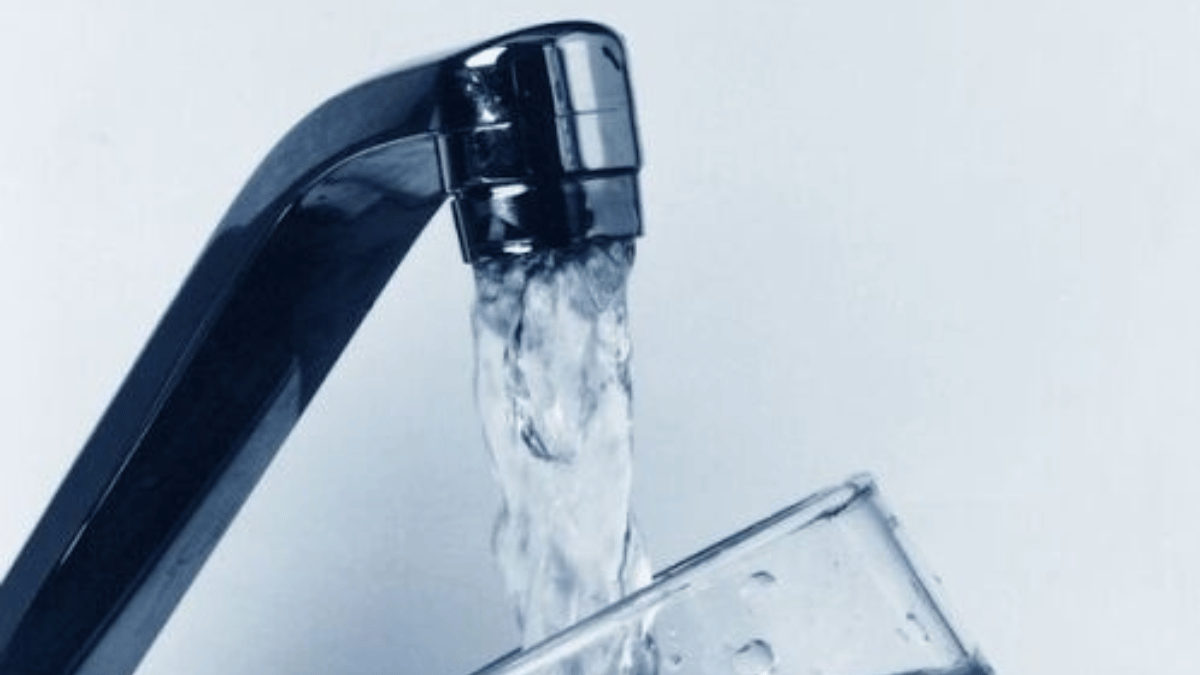The agency that oversees West Virginia’s water infrastructure, the Water Development Authority (WDA), announced Wednesday it would invest nearly $20 million in water system improvements across the state.
The new round of funding will aid 10 water, wastewater and sewage infrastructure projects in West Virginia. For years, water systems in the state have struggled due to aging infrastructure and decreased funding.
The funds come from the state’s Economic Enhancement Grant Fund, which has approved $400 million in projects since its creation in April 2022.
The following projects will receive support through the new round of WDA funding:
- Morgantown Utility Board, Monongalia County: $6,750,000 to renovate a wastewater treatment plant and a lift station to increase overall capacity.
- Greenbrier County Public Service District #2, Greenbrier County: $3,527,000 to extend water service to about 360 new users in rural towns.
- Hancock County Public Service District, Hancock County: $3,449,014 5o upgrade sewer infrastructure.
- Putnam County Commission, Putnam County: $1,841,175 to provide potable water to the community of Custer Ridge.
- Cottageville Public Service District, Jackson County: $1,350,000 to extend water lines to an industrial site in the town of Millwood.
- Clarksburg Sewer Board, Harrison County: $1,000,000 to separate storm sewers.
- Pineville, Wyoming County: $980,000 to upgrade water system.
- Midland Public Service District, Randolph County: $365,000 to build two new tanks that store water.
- Paden City, Tyler and Wetzel counties: $310,000 to replace water lines to address infiltration issues.
- Spencer Waterworks, Roane County: $300,000 to replace a pump station.
